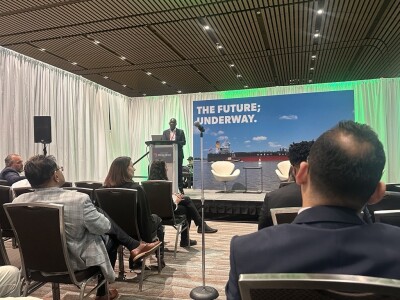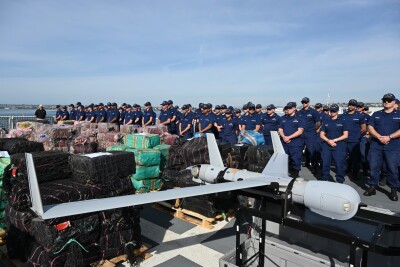Change is a constant in the inshore workboat market. And adaptability is an important survival trait in our new economy. But when it comes to insurance, there is one important aspect that should accompany change — communication. A tug-and-barge operator was using a small single-screw assist tug solely for port assist work. Sometimes single- screw tugs, especially small ones, will sit idle for long periods of time. The operator put the word out that he wanted to charter out the vessel for safety work on bridge jobs, holding position down- stream in case a worker falls into the water. The little tug also ferried work crews from shore to the job sites on bridge piles. The tug is now much busier than it was before.
In another example, schools now require students to get more out of field trips. Educators are spending more money on science and math than on what used to be bread-and-butter adventure sailing and character-building trips.
Some members of the sail training fleet are changing to more navigation-oriented curriculums so students can employ their math skills. This new focus on the educational component is now paired with the original goal of character building. This may result in changes in trip duration and distance traveled, and add a research component while on work trips.
Whether you operate a working tug, barge or schooner, you may have changed or are considering a change in the way you do business. It’s all about staying employed and adjusting to the times and the changing economy.
Soon we’ll likely see many vessels being employed in the inshore and offshore wind industry. It’s likely that some vessel owners and operators will be retrofitting vessels and changing their missions.
Even if you only make a slight change in how you use your vessel, one of the first calls you should make before you sign off on the changes should be to your marine insurance agent. Your insurance policy has a “trading warranty” which, if violated, voids your policy. Even if you feel it is no big deal, call your agent. It’s better to be safe than sorry.




